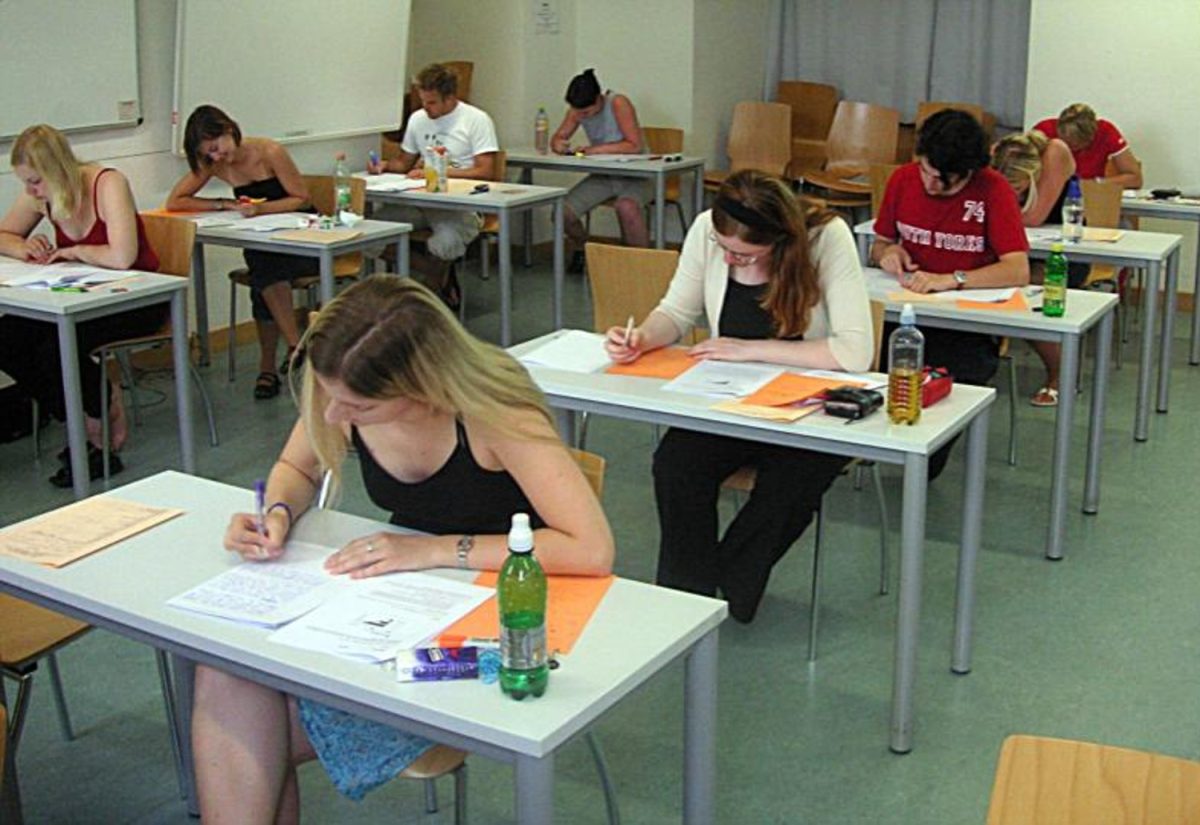Here at San Dieguito Academy, it is common for students to stack their schedule with advanced placement courses. We do this in the name of boosting our GPAs, obtaining college credits, enhancing our college applications, and because it tends to be what’s expected of us. Even if we haven’t learned comma splices from AP Lang or valence electrons from AP Chem, one thing we are convinced of is that our AP classes will be the secret to our success.
However, this academic environment is something of an idealistic bubble – as in, it is not the case for all high school students, and it is vulnerable to popping.
Critics of the College Board – the administers of AP exams, as well as other standardized tests – argue that AP tests fails at being equitable. Data released by the College Board themselves reported racial and ethnic performance gaps, as is the case with nearly all standardized tests, including the SAT, ACT, and AP tests. On average, Black students score a 2.1 (on the 1-5 scale), Hispanic students score a 2.4, white students score a 3.0, and Asian students score a 3.4. It is important to note, however, that these scores are not influenced solely by a student’s race, but rather by their socioeconomic status and prior access to quality education.These are factors which are heavily influenced by race, but it is important to remember that race is not the sole cause of a lower or higher score. As College Board puts it, “racial/ethnic gaps in AP Exam scores…are nearly fully explained by differences in prior academic experiences, with only minimal differences attributable to other student and school background data.” This can be seen in a 2023 study, “ Understanding Racial/Ethnic Gaps in AP Exam Performance” by the College Board.
Admittedly, this is not an issue with the College Board alone, but instead with the American education system as a whole. What the graph does prove, however, is that standardized tests put students who are already marginalized at an even further disadvantage, particularly when it comes to the college admissions process.
This, among other reasons, is why the SATs and ACTs have already lost much of their influence in the college admissions process. with the UC schools no longer accepting scores of this persuasion.
The question is: will AP tests one day follow our other standardized test out the back door?
Some colleges, even prestigious ones such as Andover, no longer accept AP scores to fulfill college credits. Business Insider explains the thought behind this choice, saying, “Private schools, with the benefit of hefty budgets and small class sizes, are able to provide flexible, creative, and rigorous curricula.”
“These schools don’t want to have to rigidly subscribe to what the College Board deems appropriate for mastery of a certain subject,” Insider continues. Any AP course needs to have its curriculum approved by the College Board, and some teachers, given that they have the means to do so, are beginning to favor their independence. They’re tired of having to outsource their lesson plans, and they worry that it detracts from the essence of their teaching.
Even the colleges that haven’t entirely dropped the consideration of APs have still taken steps away from them. Harvard no longer allows the use of AP scores to replace graduation credits, and Yale has a similar policy.
As of now, AP courses are still valuable for the lucrative GPA boost they offer, but they appear to be losing their weight in other realms.

